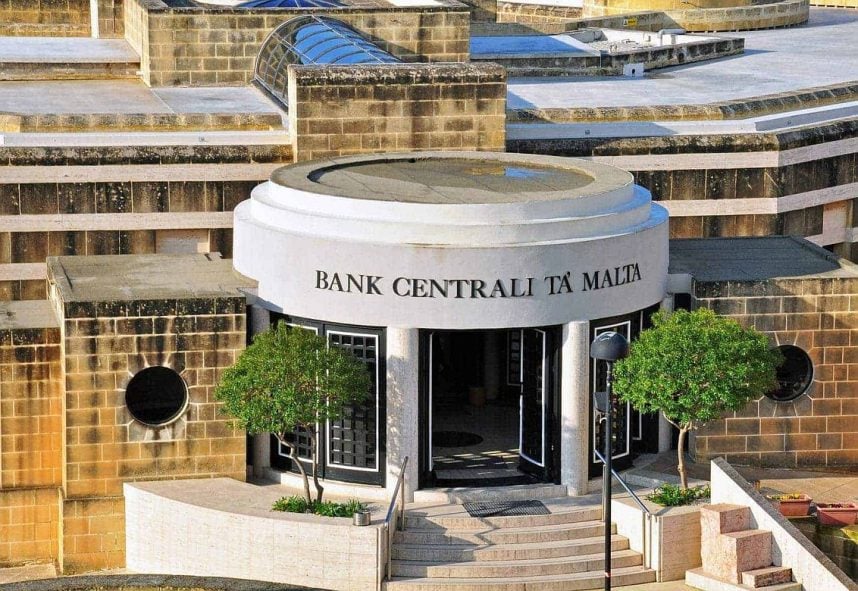Posted on: April 5, 2023, 11:46h.
Last updated on: April 5, 2023, 11:46h.
In the summer of 2022, the Financial Action Task Force (FATF) decided that Malta, a major hub of online gaming activity, had come a long way toward meeting its financial integrity guidelines. It removed the Mediterranean island nation from its grey list, lifting restrictions and the possibility of severe penalties. But new investigations show that it may have acted too quickly.

The FATF, the world’s financial and anti-money laundering (AML) watchdog, explains that countries on the grey list are subject to increased monitoring. These countries are “actively working with the FATF to address strategic deficiencies in their regimes to counter money laundering, terrorist financing, and proliferation financing.”
The watchdog determined, in June 2022, that Malta no longer needed to be subjected to increased monitoring. However, the country is reportedly still the go-to target for crooks and embezzlers. This has the potential for billions of dollars in dirty money to keep flowing through its banks.
All Money Welcome, No Questions Asked
AP News reported last week that Alvaro Ledo Nass, a Venezuelan lawyer, had his hands deep in a major money-laundering scheme. He helped direct the state-run oil company Petroleos de Venezuela, S.A., at one point cleaning around $1.2 billion in misappropriated funds. About $547 million went through Malta.
Nass also received bribes of more than $11 million over a five-year period between 2012 and 2017. That money was part of a massive, $600-million loan deal. The lawyer had to find a place to park his ill-gotten funds, so he allegedly chose locations in Spain, the Bahamas, New Jersey, and possibly, Malta.
Malta’s involvement surfaced as Nass appeared in a Miami federal court to face charges of money laundering. He became a whistleblower in a larger case that also implicates Venezuelan President Nicolás Maduro.
Three of Maduro’s stepsons allegedly helped launder the $1.2 billion illegally siphoned out of the oil company. Maltese financial institutions accepted 10 wire transfers for the $547 million and never looked back.
Venezuela isn’t alone. In 2020, reports surfaced that Congolese businessman Sindika Dokolo and his wife, Isabel dos Santos, used shell companies to misappropriate billions of dollars. Much of that went through Malta.
More than just a businessman’s wife, dos Santos is the daughter of Angola’s former President and dictator, José Eduardo dos Santos. At one point, Forbes listed her as the richest woman in Africa. She may have achieved that rank through illegal activity. Dokolo and dos Santos allegedly used their positions to live the high life off of funds they embezzled from the government.
Then there’s Faruk Fatih Özer, a Turkish entrepreneur who ripped off Thodex, the cryptocurrency exchange he founded. He stashed over $14 million in Malta before police arrested him last year in Albania.
FATF Neglects the Facts
Malta landed on the FATF grey list in June 2021 and only remained there for a year. Some of the billion-dollar scandals were still continuing while it was on that list. When the watchdog removed Malta from the list last summer, it asserted it was “satisfied that Malta has successfully implemented a series of reforms that it recommended last year.”
That was only two years after Malta determined that the former head of the Malta Financial Services Authority, Joseph Cuschieri, violated local and European Union-level ethics regulations. He traveled to Las Vegas with Yorgen Fenech, the controversial businessman and gambling entrepreneur now on trial for allegedly murdering journalist Daphne Caruana Galizia.
That scandal is still in play, and has reached the highest levels of government. It led to the resignation of then-Prime Minister Joseph Muscat in 2019. The case includes speculation of money laundering, bribery, and other violations.
Combined with the other recent scandals, it appears the FATF may have removed Malta from its grey list prematurely.


